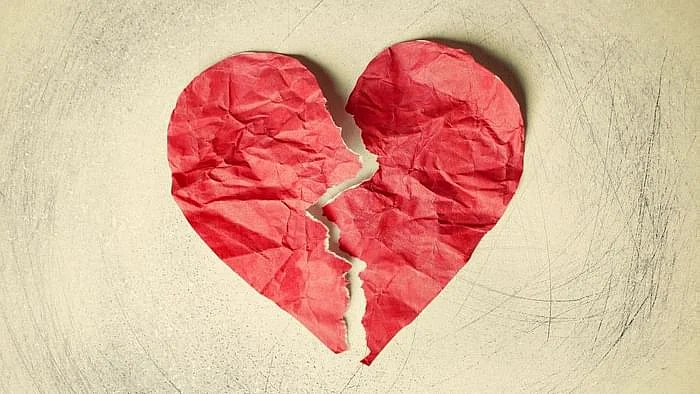Coronavirus Disease-2019 (COVID-19) is an illness caused by SARS-CoV-2 virus infection. New ideas pertaining to the impact of the novel virus on the body are constantly being researched these days.
A small German study has now indicated inflammation in the heart muscles of people recovering from the viral infection, along with other abnormal conditions related to heart health.
The study has found that many people who had encountered the infection show signs of heart damage even two months after recovering from the disease.
Then should those who have recovered from COVID-19 worry about heart-related danger in the future? Should people who have recovered from the infection get regular heart check ups done to ensure that there is no long-lasting damage to their heart?
What is Revealed in the German Study?
This study has been published in JAMA Cardiology. It was conducted in Germany, where 100 people aged 45 to 53 years who had recently recovered from COVID-19 participated. Of these, 33 participants needed to be admitted to the hospital, while 67 were cured at home.
MRI scans of the participants were taken at least 2 months from the date of detection of the infection, and two-thirds of them showed abnormal heart-related symptoms, which entailed inflammation or myocarditis in the heart muscle.
Troponin protein, an indicator of heart injury, was found in the blood of many of the participants. Troponin is normally found in the heart cells, and is released into the bloodstream when heart muscles are damaged, often due to the heart not getting enough oxygen and nutrients.
According to a LiveScience report, the author of the study has said that the impact of the infection on the cardiac health of the patients in the long run is still not completely clear. Researchers assert that to find out how common heart abnormalities were in this study group, the study needs to be confirmed using a larger sample population.
Nevertheless, the findings of this study are potentially worrying. Dr Santosh Kumar Dora, Senior Cardiologist at Asian Heart Institute, Mumbai, says that such damage can make one prone to heart failure in the future.
Can Coronavirus Damage the Heart?
Initially, when the world was trying to understand this disease, we saw it as a respiratory illness. But later, its impact on other organs, including heart, brain, liver and kidney became evident.
“The mode of entry into cells is through angiotensin converting enzyme-2 receptor (ACE-2 receptor) which are widely present not only in the respiratory tract but also in many organs like heart and blood vessels, kidney, liver, gastro-intestinal tract and central nervous system.”Dr Santosh Kumar Dora, Senior Cardiologist, Asian Heart Institute, Mumbai
Thus, there can be direct impact of the viral infection to all these organs. These organs also can get affected by the strong cytokine storm induced by immunological hyperactivity caused by the SARS-CoV-2 infection.
Dr Sundeep Mishra, Professor of Cardiology at AIIMS, New Delhi, says that this study describes COVID-19 as a cardio-respiratory disease.
According to Dr Dora, in a Chinese study published in April 2020, 27% of COVID-19 positive patients showed elevated Trop I levels, indicating injury to the heart muscles. Out of these, 31% had heart enlargement, indicating major damage to the heart muscle.
“These findings suggest that a large percentage of patients do have cardiac involvement even after their clinical and virological recovery from SARS-Cov-2 virus.”Dr Dora
Heart abnormalities seen in the German study have sometimes also accompanied other respiratory diseases such as influenza, and can also be temporary and often heal on their own.
At the same time, Dr Sundeep Mishra says that an echocardiography test for COVID-19 patients with symptoms should be necessary.
What Precautions Should People Who Recovered from COVID be taking?
At the moment, more studies need to be conducted before we can say anything concretely, but there are some things that should be taken care of.
Dr Santosh Kumar Dora explains that a routine cardiac check up which involves ECG, chest X-ray and 2D echocardiogram is very helpful for all recovered patients to detect any heart involvement at the early stage and then treat it accordingly to avoid any further progression.
Dr Sundeep Mishra talks about being alert about certain symptoms.
“Post recovery, if there any symptoms such as shortness of breath, constant fatigue or tiredness, pain in neck or back and weakness or coldness in your legs or arm then they should get in touch again with their doctor for a proper check- up.”Dr Sundeep Mishra, Professor of Cardiology, AIIMS, New Delhi
“Also, post the patient has recovered from Coronavirus, it is advisable to take bed rest for a few days, especially for the elderly, and follow proper food intake which includes more fruits and veggies for vitamin and nutrition intake,” he says.
(The article was first published in FIT and has been republished with permission.)
